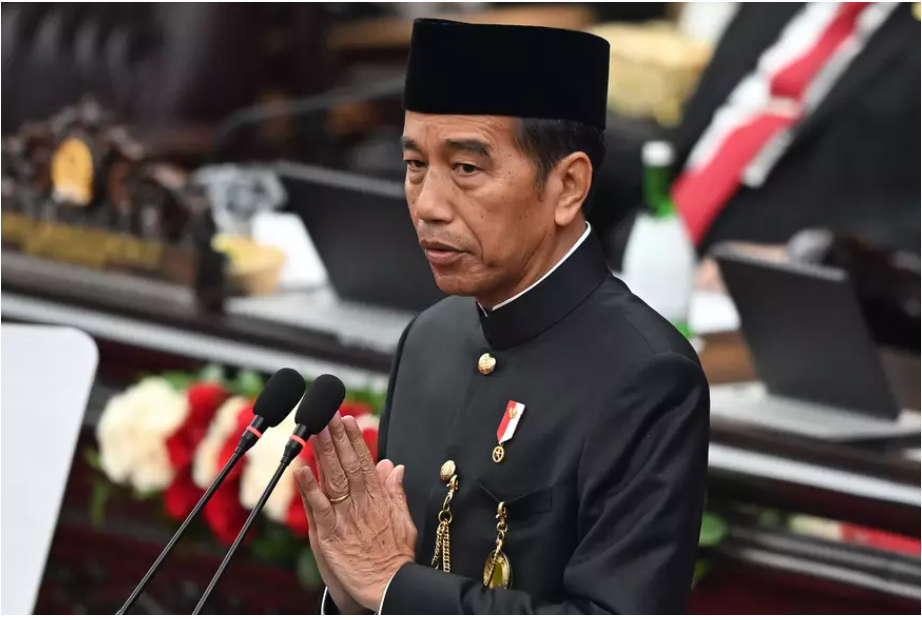您想继续阅读英文文章还
是切换到中文?
是切换到中文?

THINK ALUMINIUM THINK AL CIRCLE

As Indonesian President Joko Widodo prepares to step down this October after a decade in power, his final State of the Nation address on August 16, 2024, underscored a key element of his economic policy: resource nationalism. Throughout his tenure, Jokowi has sought to harness Indonesia's vast natural resources for domestic benefit. This stance has sparked both support and controversy on the global stage, connecting Indonesia significantly to the international community.

One of the most notable aspects of Jokowi's policy has been the ban on the export of unprocessed mineral ores, beginning with nickel in 2020. This move aims to shift Indonesia from being a mere exporter of raw materials to becoming a hub for value-added processing, inviting international investors to participate in the country's growing smelting and processing industry. This strategy, despite its detractors, promises a more prosperous future for Indonesia.
The European Union (EU) has been particularly vocal in its opposition, going so far as to file a lawsuit against Indonesia at the World Trade Organization (WTO) over the nickel export ban. Despite the international pushback, Jokowi remained steadfast in his commitment to resource nationalism during his speech. While he did not directly address the EU's grievances, he acknowledged the discontent his policies have caused abroad, reiterating Indonesia's resolve to pursue its economic interests on its terms.
As Jokowi's presidency draws to a close, his legacy will likely be defined by his efforts to transform Indonesia's resource management, a path that future leaders may either build upon or diverge from as they navigate the country's role in the global economy.
The Indonesian President said at the parliamentary building in Jakarta, “Although many countries have sued us, opposed us, and even attempted to thwart us, we—as a sovereign and great nation—remain steadfast and continue to march forward.”
“We want our country’s resources --which God has granted us-- to be managed for the greatest benefit of the people. We shall leverage [these resources] entirely for the wellbeing of the people."
President Joko Widodo also discussed plans to expand the export ban to include bauxite and copper, with potential restrictions on tin, as well as agricultural and plantation sectors. He highlighted that smelters and processing industries for nickel, bauxite, and copper have generated over 200,000 jobs and contributed approximately Rp 158 trillion (around $10 billion) to state revenue over the past eight years.
He proudly highlighted how Indonesia has reclaimed foreign ownership of its assets, including the Freeport mine, the Rokan oil block in Riau, and the Newmont Nusa Tenggara copper and gold mining operation.
He added, “We have reclaimed our assets, which have been managed and exploited by foreign entities for decades.”
The European Union sued Indonesia, expressing concerns that its nickel export restrictions could negatively impact its stainless-steel production. A World Trade Organization (WTO) panel ruled in favour of the EU in the dispute. However, Indonesia filed an appeal, and the case remains unresolved because the WTO's appellate body cannot hear appeals, leaving the situation at a standstill.
Responses








